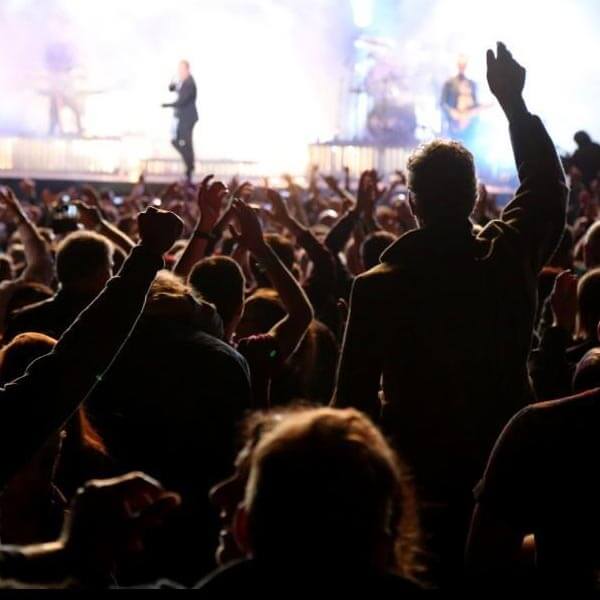
Soil and Pimp Sessions Interview: Death Jazz Energy
Henry Lewis spoke to Sacho, Soil and Pimp's agitator, to find out more about the Death Jazz sextet.
Ben Smith
Last updated: 5th Oct 2016
Image: Soil & "Pimp" Sessions
Having released their 10th studio album earlier this year, Soil & "Pimp" Sessions are without question the trailblazers for their self created 'Death Jazz' genre.
It seems almost remarkable that such a niche artist can achieve continued and consistent releases, while gaining countless plaudits for their live shows. But what is it that the Japanese sextet cite as the main factor behind this? "Energy. A huge amount of energy is the most important essence of our music", says the groups agitator Sacho.
He's not over exaggerating either, the group's live shows are frantic and innovative, as the Jools Holland appearance below demonstrates.
This year marks the group's 15th together, but their experience varies with Sacho explaining, "[I have] enjoyed playing instruments from my childhood years but there are members who started playing instruments in college".
Regardless, the group are insanely talented with the gift of improvisation - something that comes naturally to them. Ahead of visits to Birmingham's Leftfoot and Mostly Jazz Festival and Liverpool's 24 Kitchen Street, we spoke to the group to dig deeper into the world of death jazz.
Where does your name come from?
Soil comes from literally the word soil, the symbol of the warm mother Earth, and the word PIMP is to express gorgeous and dandy men - the symbol of inorganic creation created by humans. The reason behind choosing these two words is that it is important for our music to infuse two contradictory essences to make one musical style.
Why sessions? That makes it sound like each show is a fresh idea/concept…
I believe the live experience would be much more glorious if musicians communicated to each other on stage and exchanged energies with the audience. Live performance should not be to re-create what has been previously recorded, but doing sessions is organic, making something fresh for everyone.
How does your interpretation of the genre compare to European jazz? Is there a lot of crossover between the two?
I believe that jazz, created in America, has gained its freedom in Europe from the existing rules. To remove taboos, to express the music freely, is the common point between European jazz and Japanese jazz.
You’ve previously said that one artist who inspires you is Stevie Wonder, if at all, how does his music work its way into yours? What is about him that is so inspiring?
Everything. The beauty in his melody, the uplifting chord progression, the song structure, and of course the message behind the music. His music still inspires us.
Is your sound considered “mainstream” in Japan or are you an anomaly compared to what is popular?
Around 2001, when the band started, there were no instrumental bands around and it was difficult to get your music played on radio.
Now, 15 years later, although we are not yet mainstream, I believe our genre has a significant position in the Japanese music scene. There are more instrumental/jazz bands who are booked to major music festivals and getting their music played on radio stations.
Your Fukuoka Sa show was delayed by a Typhoon, describe what happened...
The set time was shortened but that was it, so there was nothing that had impacted us. Rather the audience was much more excited than the usual.
Find available Soil and "Pimp" sessions tickets below
Birmingham - Hare and Hounds, Friday 14th October
Buy tickets:
Liverpool - 24 Kitchen Street, Saturday 15th October
Buy tickets:
Like this? Check out Leftfoot announces autumn and winter season shows
Tickets are no longer available for this event
Read more news























